Childhood Attachment and Relationship Functioning
What role does our childhood have in our relationship functioning anyway?
Attachment theory suggests that the way in which children bond with their primary caregiver(s) impacts current and future relational functioning. Being securely attached means having a caregiver who is available for support and comfort, and responds appropriately to a child’s physical and emotional needs. This might look like a child coming home from school sharing with their parent that they are struggling in reading and the caregiver responding with comments like, “Thank you for telling me this, it’s important to me how you are doing.” Or giving a hug and saying, “Ugh, it is a tough feeling, I’m glad you told me."
Children with secure attachments learn to value their own experience and feelings, which in turn causes them to respond to those feelings in more appropriate ways. As securely attach children grow up, they become securely attached adults who can respond to the needs of their partner (and/or children) appropriately.
Insecure attachment is very common and takes several forms: anxious-preoccupied, fearful-avoidant, merging and dismissive-ambivalent. Each of these present problems for close interpersonal relationships as the story we tell ourselves from these perspectives mare our ability to see the person and instead assess the relationship as a kind of threat. But don’t lose hope, attachment can be improved. Understanding your own attachment history is at the heart of understanding how to get to where you want to go. While our attachment as children has impacted our current functioning it need not dictate our relationships in the present. With work and intention, relationships can be improved and secured, I see it in my office every day.
Take an attachment assessment here.
Books:
Hold Me Tight by Dr. Sue Johnson
Attached by Dr. Amir Levine & Rachel Heller
Instagram:
@AttachmentNerd - Eli Harwood, LPC
@DrBeckyatGoodInsider - Dr. Becky Kennedy
